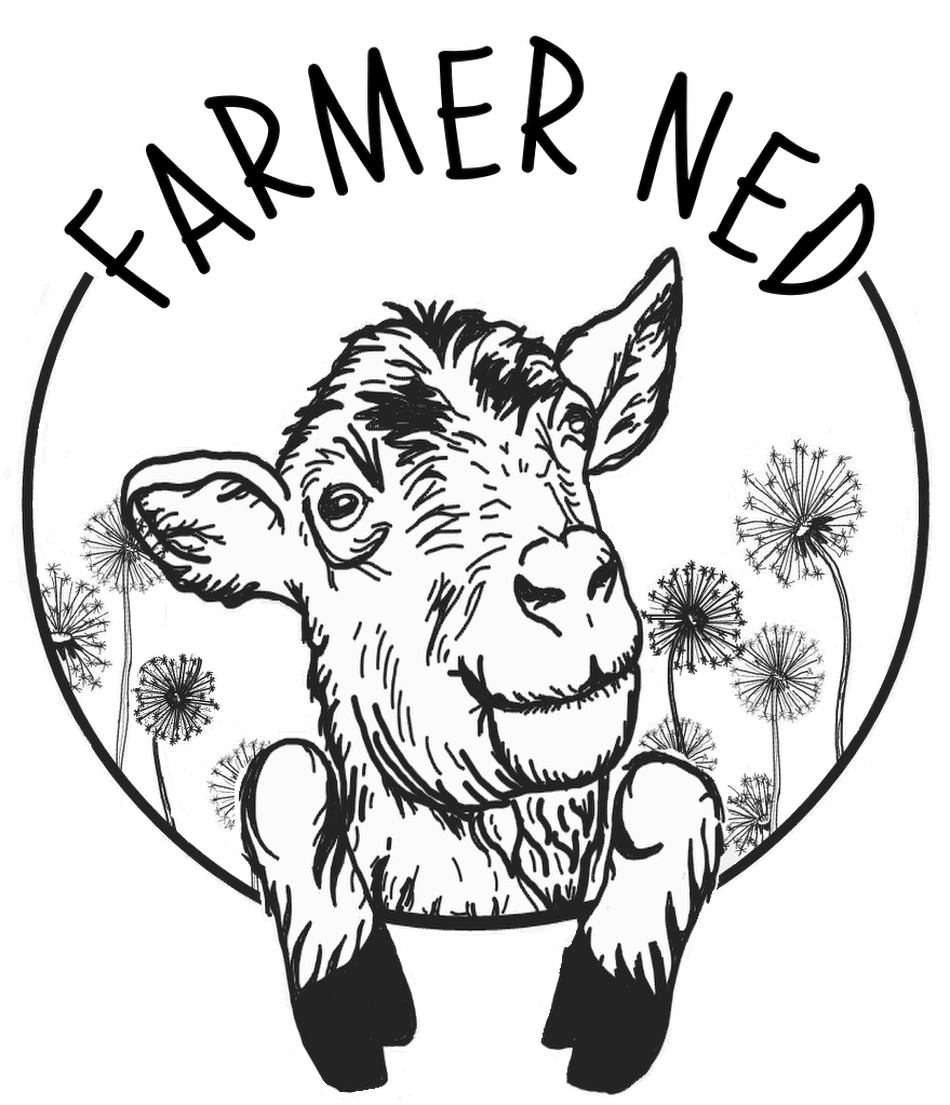

If your pet is not already regularly consuming goat milk, it is important to start off slowly and build up to the recommended rates. For the first couple of days we recommend using half the rate indicated below and diluting it with an equal quantity of water. Whilst adverse reactions are unlikely, it is important to observe your pet carefully as with any dietary changes. Potential reactions include tummy discomfort, excessive gas, diarrhoea or constipation. If you notice any of these symptoms, reduce the amount being offered each day or remove it from their diet completely and seek advice from your veterinarian.
The rates below are intended as a guide.
You know your pet, their needs, and the rest of their diet better than anyone else so always use your own judgement.
Feeding Raw Milk
Raw milk contains all the naturally available nutrients and bacteria in the goat milk. Much of the bacteria in the milk is beneficial to your pet and your pet's immune system, if functioning well, will cope with (and become stronger from) exposure to any other bacteria present. If your pet is immunocompromised due to age or pre-existing health conditions, we do not recommend feeding them raw goat milk without veterinary advice. This applies to puppies and kittens under the age of 4 weeks due their less developed immune systems.
As all of our Farmer Ned goat milk is supplied as raw milk, we suggest heating it to 72 degrees for at least 16 seconds then cooling it in your fridge before feeding it to young animals or any other animal that you do not wish to feed unpasteurised milk to. Again, consult with your local vet if you are unsure.
Is Goat Milk Good for Cats?
Most cats will lap up the goat milk with no issues at all. However, some adult cats are actually lactose intolerant so we recommend starting off slowly and to continue diluting the recommended dose with an equal quantity of water. Diluting the milk with water reduces the likelihood of digestive upsets and is a highly effective way to improve their overall hydration. If your cat shows signs of diarrhoea or vomiting, it is likely that they have a high level of lactose intolerance, in which case you can dilute the milk further or remove it from their diet altogether.
Can I Feed Goat Milk to my Dog with Pancreatitis?
Pancreatitis affects the ability of the liver to process fats, therefore foods high in fat should be avoided. There is conflicting advice surrounding the inclusion of goat milk in the diet of animals with pancreatitis. Whilst goat milk does have a slightly higher typical fat content than cow milk, the fat globules are naturally homogenised, making them easier to digest and research suggests that raw goat milk requires no work from the pancreas to be digested, making it ideal for pets with pancreatitis. Whilst we support the inclusion of raw goat milk in the diet of animals with pancreatitis, veterinary advice specific to your own pet should be sought.
Is Goat Milk good for Overweight Pets?
Goat milk is higher in fat than some other sources of milk so should be used with caution in animals that need to lose weight. One way of supplying your pet with the goaty goodness of our Farmer Ned milk without compromising their weight gain is to feed it at a much lower daily rate than recommended above and to dilute it 1 part milk to 2 parts water.
Can I Feed Goat Milk to my Pregnant Cat or Dog?
Feeding your pregnant pet a higher level of calcium than their daily requirement can cause issues during labour. Too much calcium will suppresses the parathyroid gland and reduces the animal's ability to manage available calcium during labour, causing weak contractions and the potential for eclampsia. As such, we advise caution regarding feeding milk to your pregnant animal. Veterinary advice is recommended.
Can I Feed Goat Milk to my Lactating Cat or Dog?
Because goat milk is high in fat and a good source of calcium, it is ideal for cats or dogs who have recently given birth and are now nourishing a brood of young kittens or puppies. Once the kittens and puppies themselves get bigger, they can also have the milk - but we recommend not using raw milk for young animals under the age of 4 weeks (see our section above regarding feeding raw milk)

